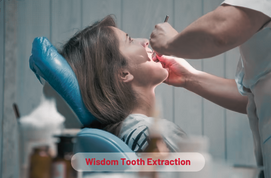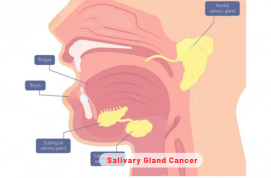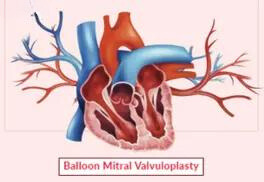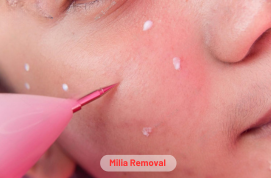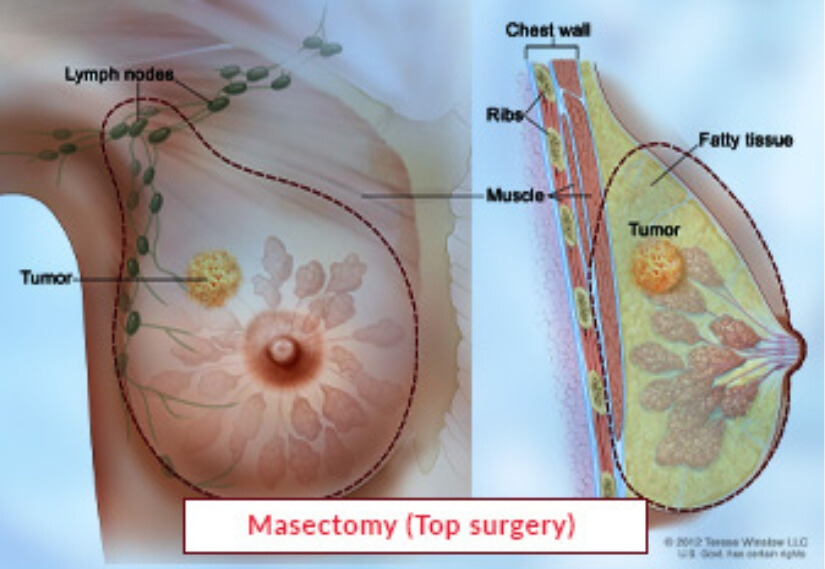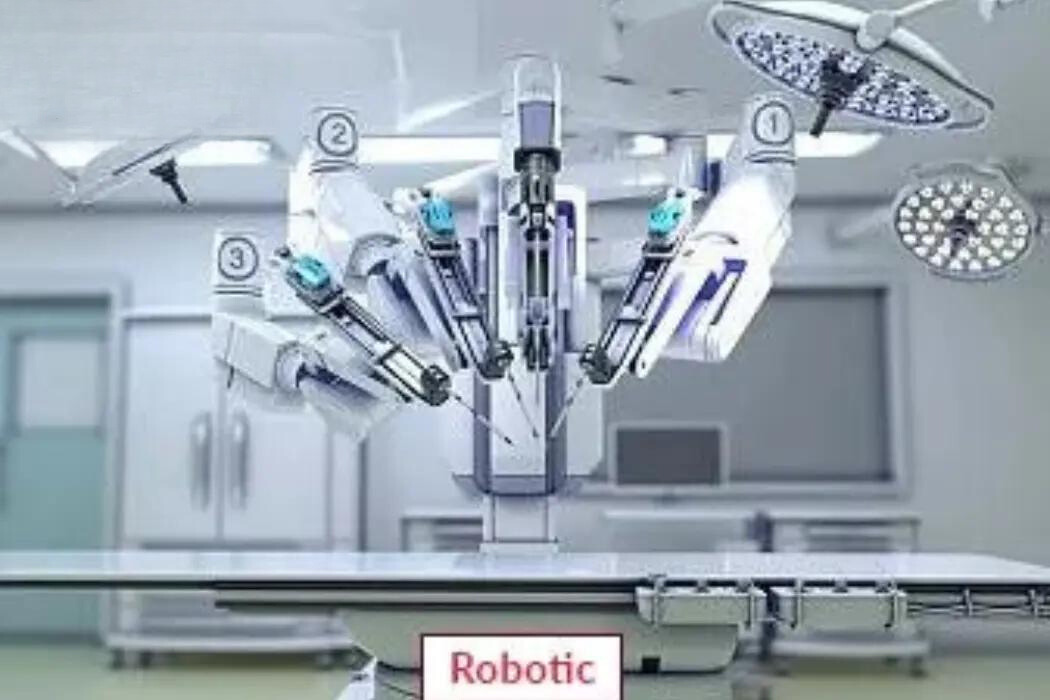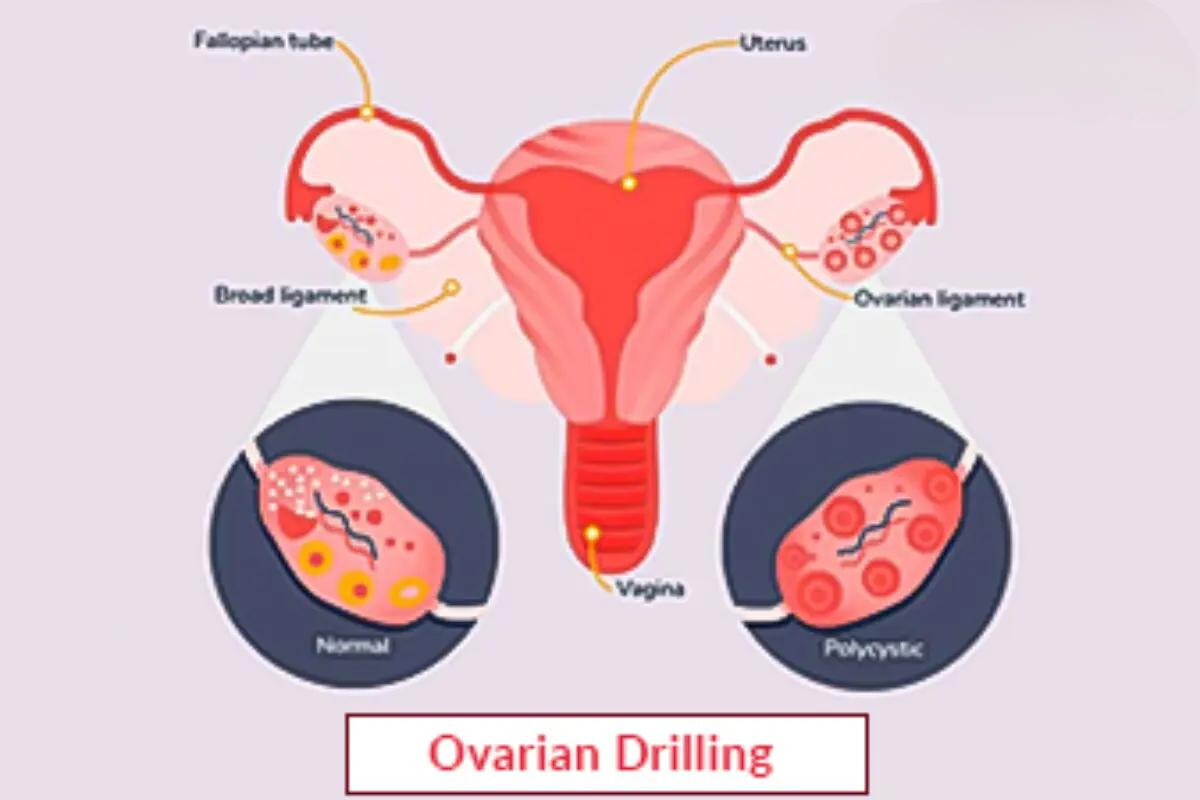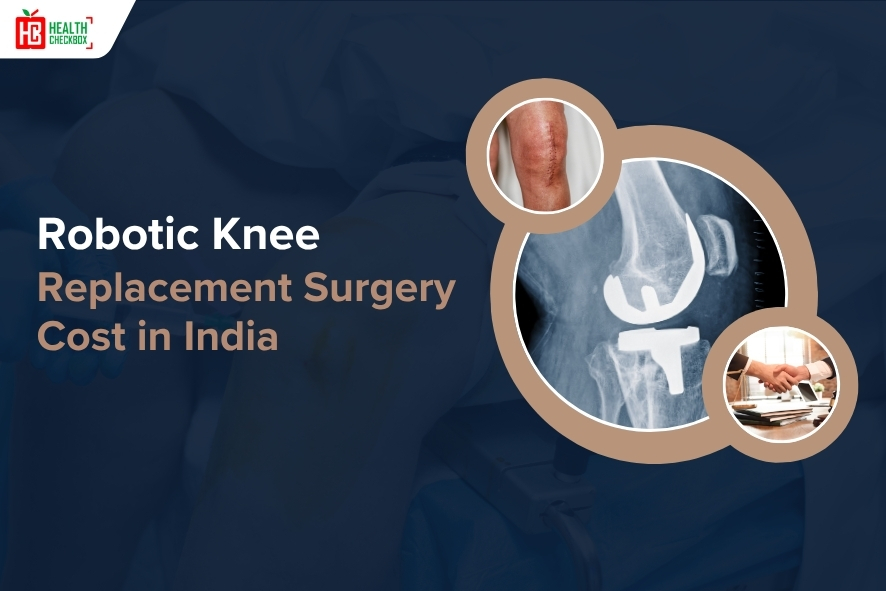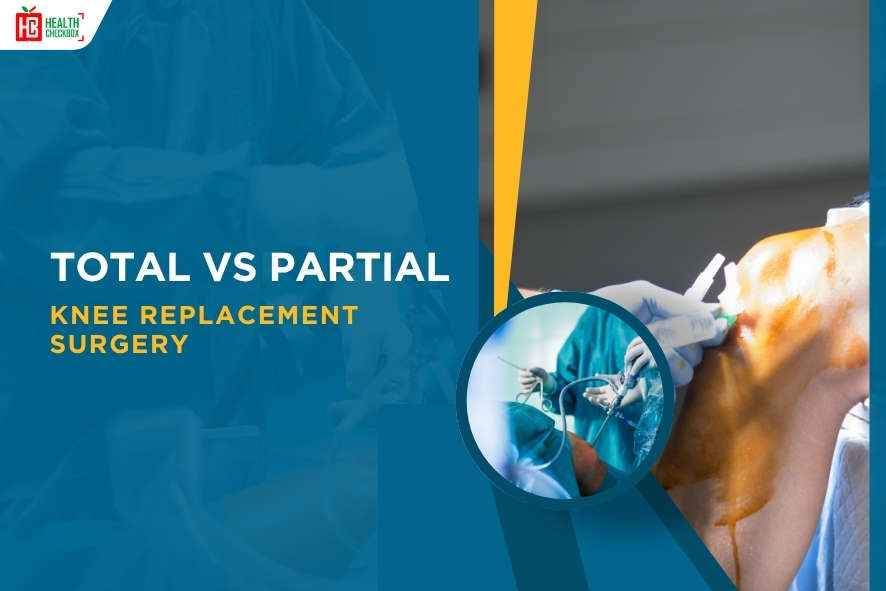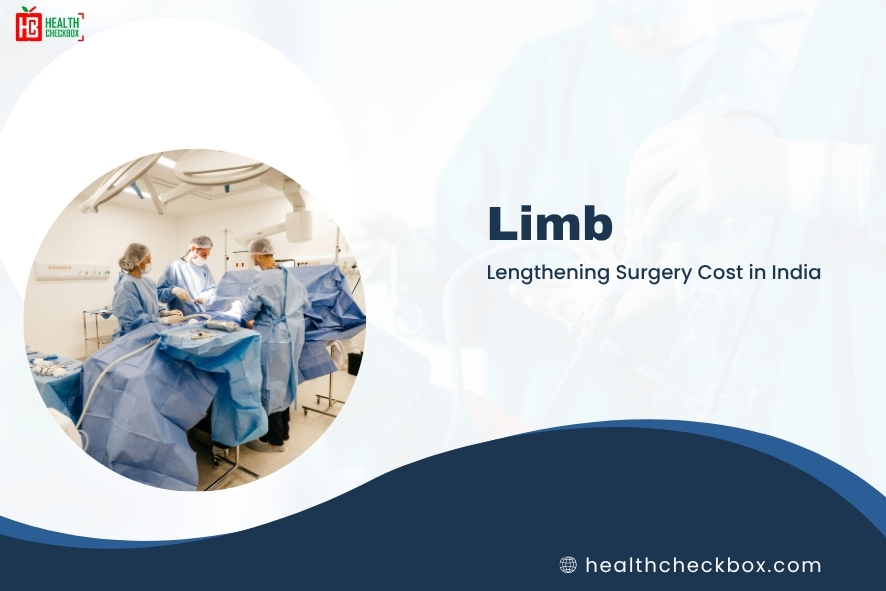In dentistry extracting wisdom teeth is a common procedure. To extract one or more of the back of the mouth’s third molars. A skilled dentist usually performs the procedure. The tooth mostly erupted between the ages of 17 and 25. And in rare cases it causes crowding, discomfort, gum, infections or harm to neighboring teeth while not entering correctly. Therefore it needs to be removed through wisdom tooth extraction treatment.
Although wisdom tooth extraction is not always necessary it is frequently advised if the teeth are impacted (stuck under the gum line) misaligned or uncomfortable. If the tooth has erupted removal may be as easy as an extraction if it is impacted surgery may be required. While recovery times vary, most patients who receive the right care recover in a week. When done at the appropriate time wisdom tooth extraction preserves general oral health and helps avoid future dental issues.
At reasonable prices our skilled pediatric dentists in India provide individualized care and safe efficient dental procedures. If you are experiencing oral pain or any other dental problems while your wisdom tooth erupts, we are here to help. To arrange a consultation and find out how our wisdom tooth extraction services can improve your oral health and wellbeing get in touch with us right now. You can count on us to perform a smooth stress-free procedure that will improve your oral health in the long run.
Types of Wisdom Tooth Extraction
Depending on how wisdom teeth develop and occupy the jaw they may become impacted in a variety of ways. The removal procedure depends on the type of impaction.
1. Mesial Impaction
The tooth angles forward toward the front of the mouth and is the most common form. It may partially erupt but still press against the neighboring tooth.
2. Vertical Impaction
Because there isn’t enough room the tooth doesn’t fully erupt but instead grows vertically. It may not hurt right away but it frequently needs to be removed or monitored.
3. Distal Impaction
The tooth tilts backward toward the rear of the mouth. This rare type of impaction can be harder to extract.
4. Horizontal Impaction
The wisdom tooth pushes up against the neighboring molar as it grows sideways. One of the most excruciating and complex kinds, it typically necessitates surgery.
5. Soft Tissue Impaction
Gum tissue which can trap food and bacteria partially covers the tooth’s visible crown.
6. Bony Impaction
The tooth has not broken through the gums and is completely trapped inside the jawbone. It must be surgically removed.
Causes of Wisdom Tooth Removal
A wisdom tooth eruption frequently results in specific problems for the reasons listed below.
1. Lack of Space: Overcrowding or impaction results from most peoples jaws not having enough space to hold four extra molars.
2. Late Eruption: Because wisdom teeth come in after other adult teeth have already settled, they may not align properly.
3. Abnormal Growth Angles: Wisdom teeth can often take place sideways, diagonally, or even backward, pressing other teeth or nerves which may cause pain.
4. Gum and Jaw Issues: Affected teeth may cause infection, gum infections, and cysts, especially if partially erupted areas.
5. Genetics: Certain individuals are predisposed to impaction or misalignment due to their inherited jaw sizes or tooth patterns.
6. Poor Oral Hygiene: Wisdom teeth have a higher risk of cavities and infections because they are difficult to access.
Treatments for Wisdom Tooth Extraction
A wisdom tooth removal procedure is determined by its position condition and whether or not it is impacted.
1. Diagnosis
To assess the teeth’s position and choose the most effective extraction technique a dentist will utilize X-rays.
2. Simple Extraction
The tooth can be extracted with forceps and local anesthesia just like any other tooth if it has fully erupted.
3. Surgical Extraction
- For impacted or partially erupted teeth:
- A small incision is made in the gum.
- Bone around the tooth may be removed.
- The tooth is often divided into pieces for easier removal.
- The site is cleaned and stitched if needed.
4. Anesthesia
- For simple extractions local anesthesia is used to numb the mouth.
- Patients who are anxious or undergoing surgery may benefit from sedation or general anesthesia.
5. Recovery
- In 3–7 days most people recover.
- Mild bleeding edema and pain are typical.
- Oral rinse soft foods and rest promote healing.
Risks of Wisdom Tooth Extraction
While wisdom tooth extraction is generally considered as a safe procedure, however it involve some risks which are as follows:
1. Dry Socket: Dry socket can also take place when the blood clot that forms after extraction is dislodged, exposing the bone and causing pain in the mouth and head.
2. Infection: Bacteria may enter the extraction site, especially when aftercare instructions aren’t followed rigorously.
3. Bleeding : The individual may experience long term bleeding, if the tooth area is disturbed too soon after the surgical procedure.
4. Nerve Damage: In rare cases, the nearby nerves can be damaged and can lead to numbness in the tongue, lips, or chin that may result in a lot of discomfort.
5. Swelling and Bruising: Common side effects that typically subside within a few days.
6. Sinus Issues: For upper wisdom teeth, removal may occasionally lead to sinus complications if the roots are close to the sinus cavity.
Benefits
Removing problematic wisdom teeth can improve oral health and make you smile better. Here are the following benefits of wisdom tooth extraction:
1. Prevents Overcrowding
Accurate extraction aids in maintaining proper alignment of other teeth and prevents them from shifting to other places.
2. Reduces Risk of Infection
It reduced the chance of infections recurrence and gum disease also decayed in hard-to-clean areas.
3. Avoids Jaw Pain and Headaches
Impacted teeth often cause pressure that leads to jaw stiffness or tension headaches. The procedure also reduces the chances of these complications.
4. Decreases Risk of Cysts and Tumors
Untreated impacted teeth may develop cysts, which can damage bone or nerves. Hence , it decreases the risk of cysts and tumors.
5. Improves Oral Hygiene
The procedure makes it easier to remove hard-to-reach molars that makes brushing and flossing easier and more effective.
6. Prevents Future Complications
Early removal treatment can reduce the risk of dental emergencies and complex surgeries which a patient may experience later in life.
Cost of Wisdom Tooth Extraction
The cost of wisdom tooth removal can vary depending on severity of the case and certain factors:
1. Type of Extraction
Simple extraction may cost around ₹2,000 to ₹5,000 INR per tooth removal.
Surgical extraction ranges from ₹5,000 to ₹12,000 per tooth or more.
2. Number of Teeth Removed
If all four are removed at once, some clinics offer discounted packages.
3. Anesthesia Type
Local anesthesia is usually included in the overall cost of the treatment.
General anesthesia or sedation may involve ₹5,000 to ₹15,000 more.
4. Location of Clinic
Urban private hospitals could be more expensive as compared to government hospitals or smaller towns dental clinics.
5. Dentist’s Experience
Well-qualified experienced dental surgeons may take higher fees but often offer better outcomes and quicker recovery.
6. Additional Costs
- X-rays: ₹500 to ₹1,500
- Medications (painkillers, antibiotics): ₹500 to ₹1,500
- Follow-ups: Often included but may cost ₹300 to ₹800 if billed separately
7. Insurance and Government Schemes
Some private insurance policies cover dental surgery if it’s medically necessary. In government schemes, coverage may be limited.
Our Other Services
Latest Health Tips
Oral Chemotherapy Vs IV Chemotherapy
Asthma vs Bronchitis: Types, Causes, and Symptoms
Cochlear Implant vs Hearing Aid
Heart Transplant vs Kidney Transplant
Robotic Knee Replacement Surgery Cost in India
Hernia VS Diverticulum: Complete Guide
Total vs Partial Knee Replacement Surgery
Limb Lengthening Surgery Cost in India: Cost Comparison
Submit Your Enquiry
Testimonials








